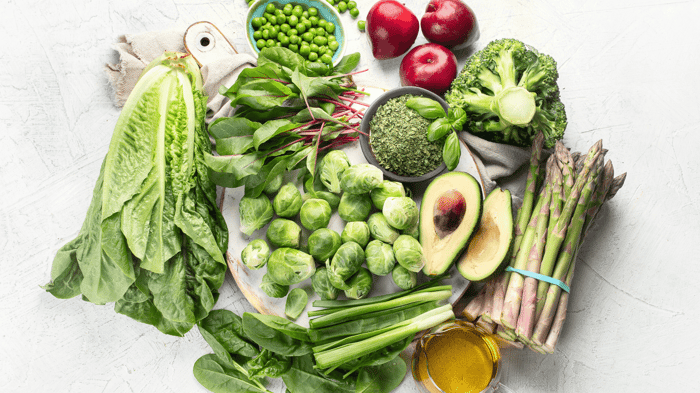
You may have heard of intermittent fasting lately. It is becoming widely popular as a way to improve health and maintain body weight.
The basic idea is that you shorten your daily feeding window to 6-8 hours and extend your natural nighttime fasting period. The extended fasting time forces your body to burn fat for its energy requirements, since no food calories are incoming.
Proponents say that once they have adapted to being a better fat burner through fasting, their cravings for sugar and processed carbohydrates disappear. Intermittent fasters end up eating fewer calories overall even though no caloric restrictions are placed on them. Amazingly, most fasters do not report feeling hungry during the fast. Let’s dig a bit deeper.
I have found the movement for intermittent fasting fascinating, since I am a natural intermittent faster. I don’t like to eat breakfast and so for most of my life have survived on black coffee in the AM and no food until lunch, which I often stretch until 2 or 3 PM. I usually work out in the morning, while still in a fasted state. I know that I am a sample size of one, but I have found it easy to maintain my weight into middle age even through multiple pregnancies. Could my regular extended fasting periods have been helping me when I didn't even know it? The recent science on fasting seems to say yes.

Benefits of Intermittent Fasting
The benefits of fasting are varied and many and include:
- Enhancing the body’s ability to burn fat
- Reducing specific food cravings - especially sugar and simple carbs
- Better sleep
- More energy
- Reducing the overall risk of chronic disease
- Promoting insulin sensitivity and reducing insulin resistance
- Normalizing ghrelin (hunger hormone) levels - to reduce feelings of hunger
- Increasing HGH (human growth hormone) production - this makes it easier to build and maintain muscle
- Lowering triglyceride levels
- Suppressing inflammation and fighting free radical damage to cells
- Decreasing muscle wasting as we age
- Achieving healthy metabolism and body weight
You won't need to purchase or prepare any special foods or count a single calorie. Most find intermittent fasting easy to follow and report feeling more energetic than before they started fasting.

How to Start Intermittent Fasting
During your fasting time you should not consume any calories. Drink as much water as you want, and black tea and coffee, without add-ins, are fine too. One thing to remember when you start fasting is that it does matter what you eat during your feeding time. To achieve optimal results you will want to refrain from processed foods, refined carbohydrates, and sugary foods and drinks. The good news is that fasting generally helps people stick to healthier food choices as their insulin and ghrelin level become normalized and benefits are achieved even with no special focus on which foods are eaten.
If you’re ready to give it a try:
- Make a plan. Decide which 14-16 hours per day you are going to fast, and write down your start and end times. For example, you could skip breakfast and eat lunch and dinner within a 6-8 hour timeframe. Or you could start with breakfast, eat lunch within 6-8 hours, and then skip dinner if that’s more appealing to you. Always finish eating at least 3 hours before bedtime. Maximum fasting window should never exceed 36 hours. You may want to check with your doctor if you have any health conditions: fasting may not be appropriate if you are hypoglycemic, diabetic or pregnant/breastfeeding.
- Adjust for your needs. You can increase your fasting window if you feel energetic and happy and decrease it if you don’t feel well. You really should not feel any distress. Try to eat healthy and, if you feel up to it, work out in a fasted state for even more benefits.
- Don’t worry about off days. One beautiful thing about this type of eating plan is its flexibility. Your body actually benefits from varying fasting and feeding times as it keeps your metabolism more responsive and efficient, so go ahead and take a day off now and then--but make sure they are planned (not impulsive) and infrequent.
- Enjoy enhanced health!
I hope you feel inspired to try a version of intermittent fasting. It could be a path to improved metabolism and more wellness for many in the modern food era.

.JPG)


